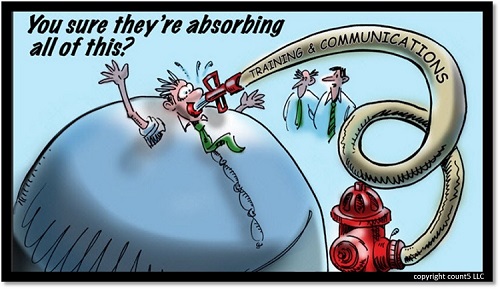Junior Devs (Probably) Never Learned How To Test
I find that, in general, junior developers have a difficult time building their confidence in their ability to write “good” tests. My kneejerk reaction was that junior developers simply find testing boring; however, upon further reflection, I am convinced that is not the case.
As I recalled my undergraduate education, it occurred to me that I had written maybe two tests in my entire undergraduate career. 4 years, two tests. I imagine that most junior developers experienced a similiar education. There are so many “important” things to learn to earn a CS degree that testing could perceivably be deprioritized.
These shortcomings are not restricted to those educated at universities either. I asked a colleague of mine who learned to code from a bootcamp, and he told me that the bootcamp never taught testing. The instructors had mentioned that it was important, but still never took the time to teach their students how to write tests.
So, if you imagine the mindset of a junior developer, freshly hired by your company, you see a somewhat scary picture. The junior dev is most likely overwhelmed by the firehose of information regarding your codebase, your technology stack, your system architecture, your developer workflow, the team’s culture, and the company’s culture.

So, as the junior dev takes on their first user story, kanban card, or whatever, they just want to beat back their inevitable imposter syndrome and prove that they are a capable, and intelligent developer. Inevitably, the junior developer submits their code for review and one of the following scenarios occurs:
- The code has no tests.
- The code has incomplete tests.
- The code has complete tests.
For a junior dev to write complete tests is extremely rare in my experience. Hell, it might even be rare for senior developers.
Notice, that I refrained from using the term “bad tests”. I do not like to call tests “bad”. There are so many holy wars with regards to testing (e.g. testing behavior vs. testing state, BDD vs TDD). What one team might consider bad another team might consider great. It is more objective, in my opinion, to call tests complete or incomplete.
Okay, so why do junior developers tend to omit tests or write incomplete tests? Uh, probably because they have written little to no tests in their lifetime and don’t want to look incompetent or “stupid” in their first code submission. Plus, they probably wanted to impress the rest of their team by knocking their code out as quickly as possible and testing would have slowed them down considerably.
So, how can junior developers build the confidence and skills to write tests that adequately test their code?
In my opinion, a developer’s testing skillset should be built through a combination of pair programming with a more experienced developer and trial-and-error. Now, for trial and error to be successful, your development team needs to achieve a culture of constructive feedback. After all, nobody will be willing to try and fail at something new if they are just going to be torn to shreds.
I have some suggestions to help achieve a productive teaching session; you can find those in my Teach Testing Through Pairing post.
Finally, as a piece of advice and encouragement to junior developers, your senior devs will most likely never think that you are incompetent. Thus, if you are struggling with something, ask for help. As senior developers, we have our own user stories to finish and others’ code to review. We honestly don’t have the time to try and decipher when junior developers have hit a roadblock. That being said, senior developers understand that unblocking and teaching junior developers are our most important responsibilities because they hold the greatest value for the team as a whole. In my experience, a good senior developer will drop whatever they are working on to help a colleague; that is ultimately how such developers became “senior”.